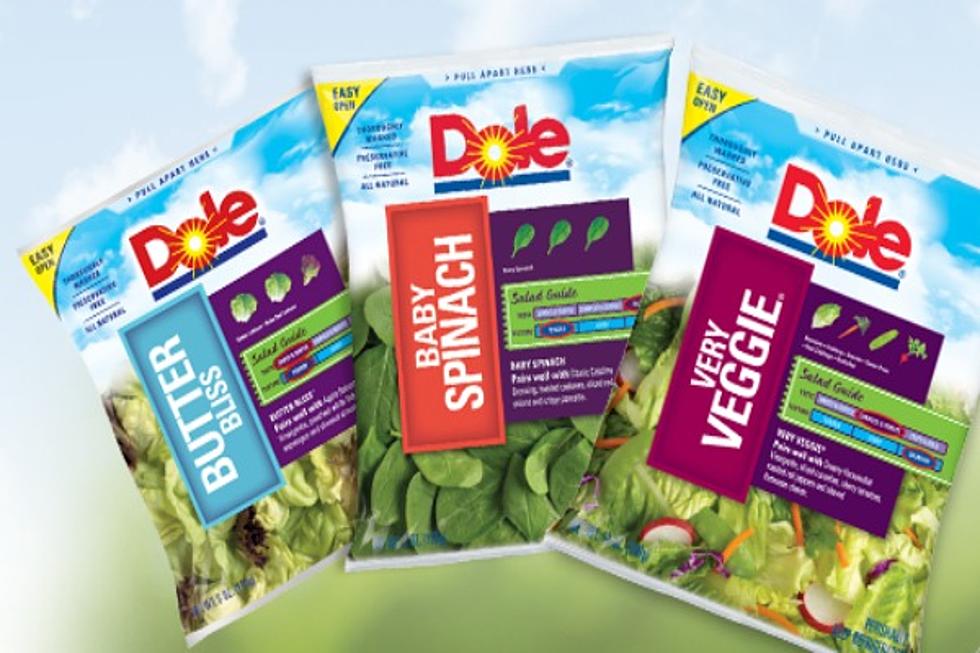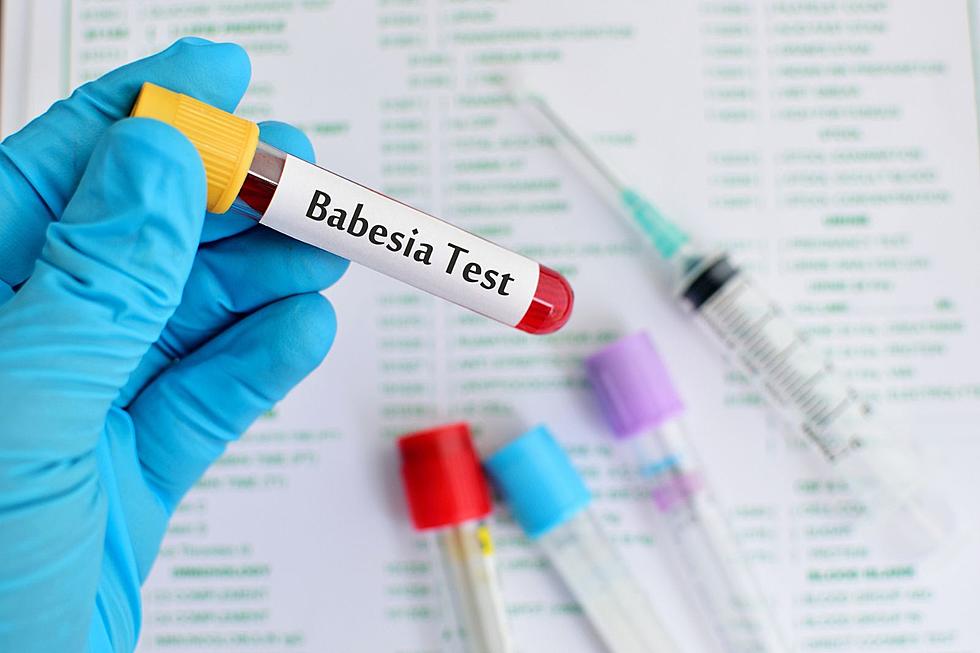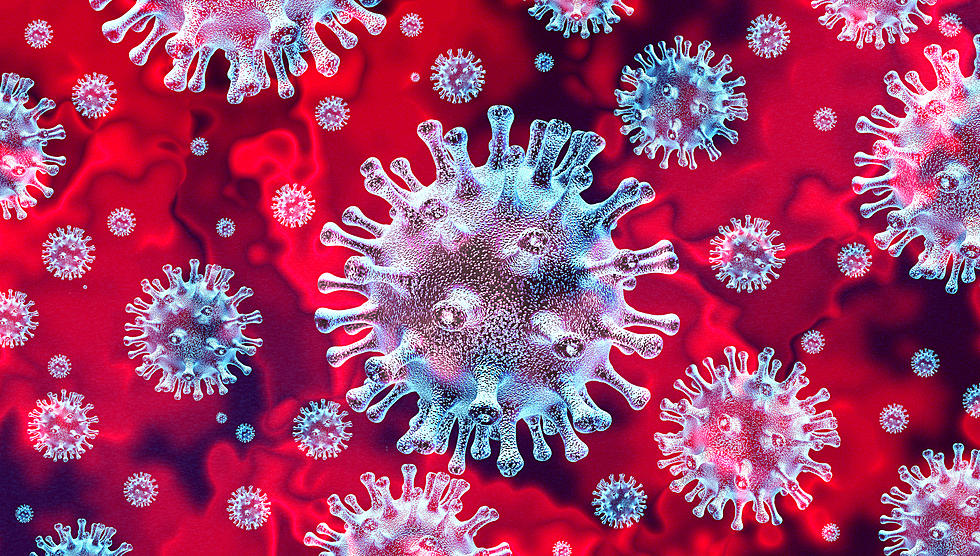
Listeria Outbreak in New Brunswick May Be Linked To Cases In Michigan and Ohio
Canada's Public Health Agency believes there's a connection between a Listeria outbreak in five provinces and twelve cases in the U-S.
The outbreak has resulted in three people being hospitalized in Ontario, and four more in Quebec, New Brunswick, P-E-I and Newfoundland and Labrador.
The outbreak has prompted Dole to withdraw packaged salads from stores in Ontario, Quebec, Atlantic Canada and the U-S.
The people -- most of them women and with an average age of 81 -- became sick between September 2015 and early January 2016 and one of them has died, but it has not been determined if Listeria contributed to the death.
The agency says the source of the outbreak has not been confirmed, however prepackaged leafy greens, salad blends, and salad kits are being investigated.
It says the risk from this outbreak is low, but given that Listeria can cause severe illness to some high-risk groups, consumers are being asked to review and follow safe food handling practices in an effort to prevent illnesses.
Twelve people infected with the outbreak strain of Listeria have been reported from six states since July 5, 2015.
Twelve people were hospitalized, including one person from Michigan who died as a result of listeriosis. One illness was reported in a pregnant woman.
Laboratory tests performed on clinical isolates from all 12 ill people showed that the isolates are highly related genetically.
Epidemiologic and laboratory evidence available to date indicate that packaged salads produced at the Dole processing facility in Springfield, Ohio and sold under various brand names are the likely source of this outbreak.
All of the five ill people who were asked about packaged salad reported eating packaged salad in the month before becoming ill. Two ill people who specified a brand of packaged salad reported eating various varieties of Dole brand packaged salads.
The Ohio Department of Agriculture collected a Dole brand Field Greens packaged salad from a retail location and isolated Listeria. Laboratory tests showed that the Listeria isolate from the packaged salad was highly related genetically to isolates from ill people. This packaged salad was produced at the Springfield, Ohio Dole processing facility.
Although the investigation began in September 2015, the source of these illnesses wasn't known until this month when the laboratory result from the packaged salad collected in Ohio linked the illnesses to the Dole processing facility in Springfield, Ohio.
On January 21, Dole reported to the Centers for Disease Control it had stopped all production at the processing facility in Springfield, Ohio. The company also reported that it is withdrawing all packaged salads currently on the market that were produced at this facility.
CDC recommends that consumers do not eat, restaurants do not serve, and retailers do not sell packaged salads produced at the Dole processing facility in Springfield, Ohio.
These packaged salads were sold under various brand names.
Brands of packaged salads include Dole, Fresh Selections, Simple Truth, Marketside, The Little Salad Bar, and President's Choice Organics.
These packaged salads can be identified by the letter "A" at the beginning of the manufacturing code found on the package.
At this time, there is no evidence to suggest that packaged salads produced at other Dole processing facilities in the United States are linked to illness.
Listeria is a type of bacteria that can be found in food, soil, plants, sewage and other places in nature, and eating food with Listeria on it can cause a serious disease, called listeriosis. People can get listeriosis by eating meat, fish, dairy products, plants or vegetables contaminated with Listeria.
Those who are at highest risk of serious illness, according to Health Canada, include pregnant women and unborn or newborn children, adults 65 and over, and people with weakened immune systems.
High-risk individuals should follow safe food handling practices and avoid high risk food items such as uncooked meat and vegetables, unpasteurized milk and cheeses, ready-to-eat meats such as hot dogs and deli meats, and refrigerated smoked seafood and fish.
Foods that are contaminated with Listeria may look, smell and taste normal. Unlike most bacteria, Listeria can survive and sometimes grow on refrigerated foods but can be killed by cooking food properly.
The mild symptoms of listeriosis may include fever, muscle aches, nausea, or diarrhea, while severe symptoms can include headache, poor co-ordination, seizures or neck stiffness.
In the milder form of the disease, symptoms can start the day after eating a contaminated product, but for the more serious form of the disease, the incubation period generally averages about 21 days and can be up to 70 days.
Listeriosis can be treated with antibiotics, but the agency says early diagnosis is key, especially for people in high-risk groups.
More From









